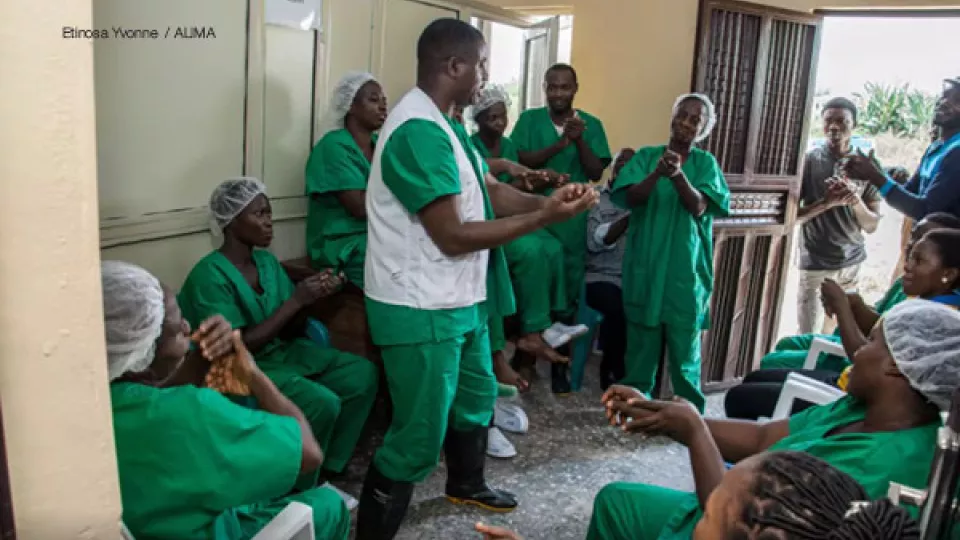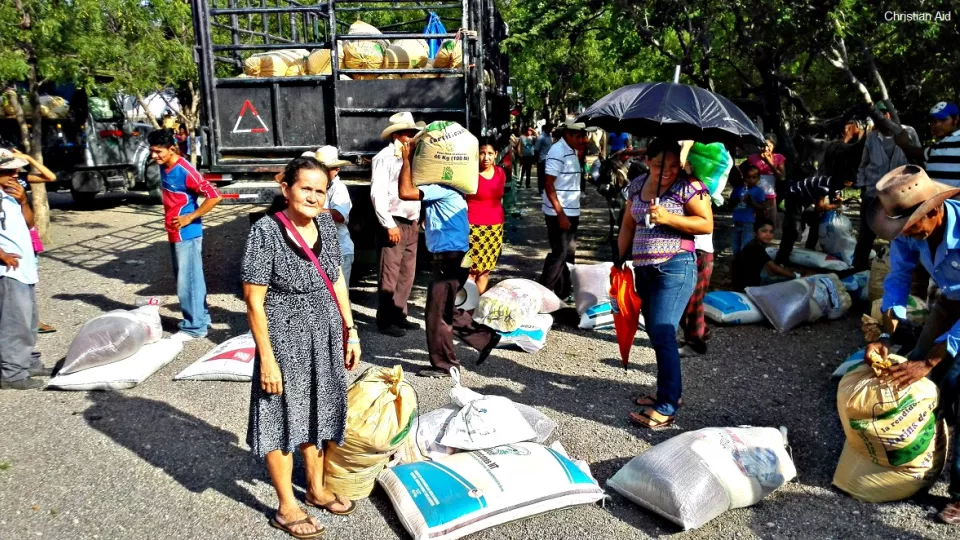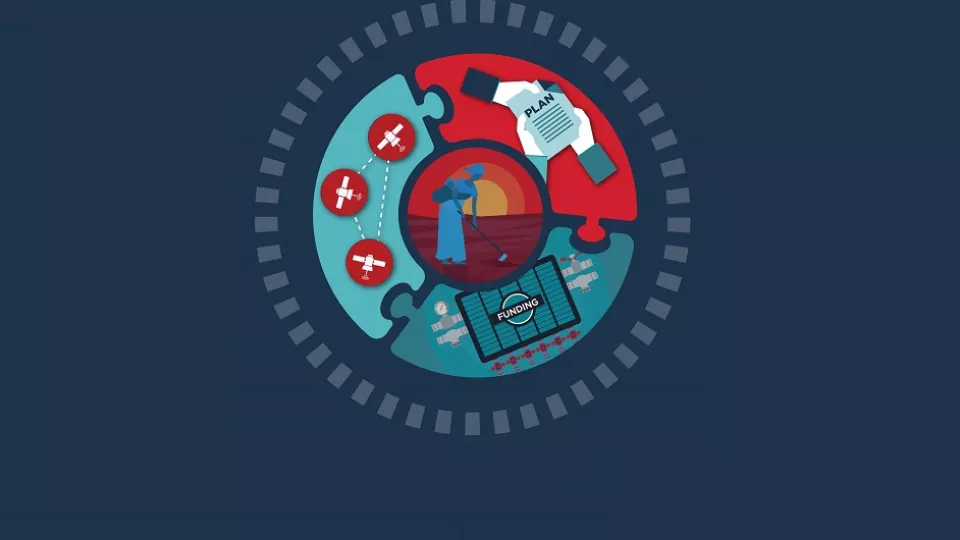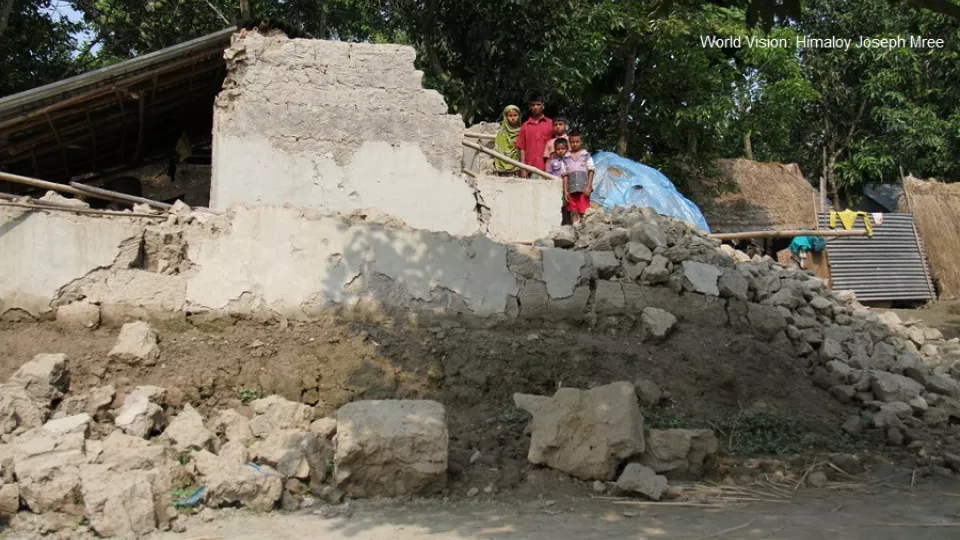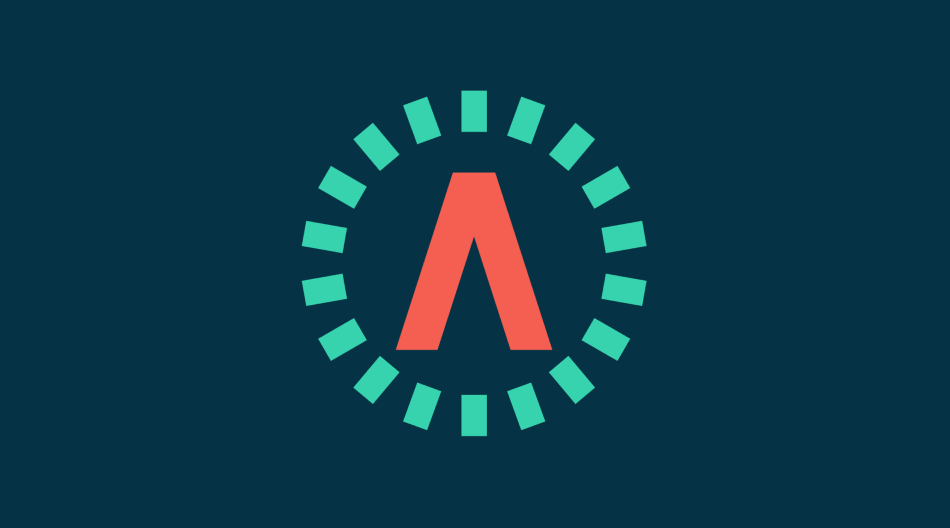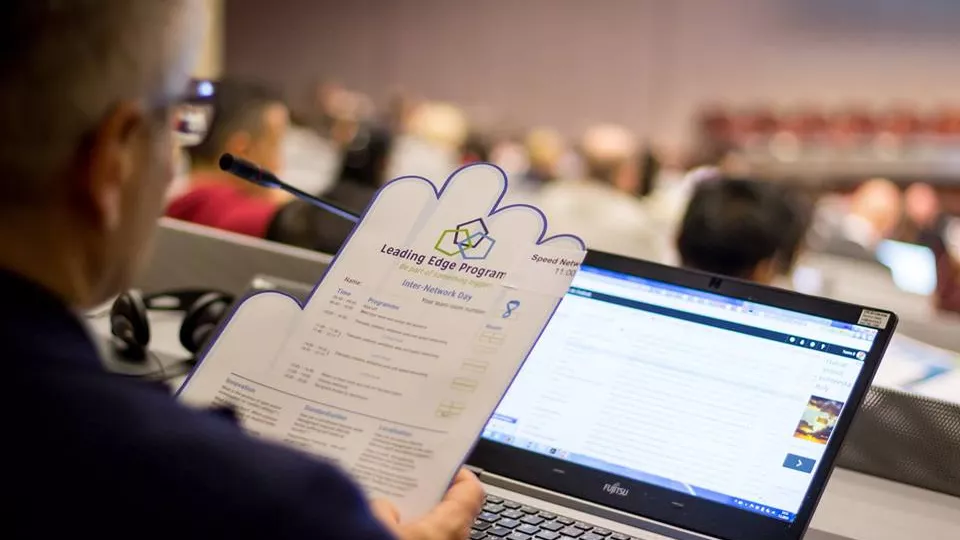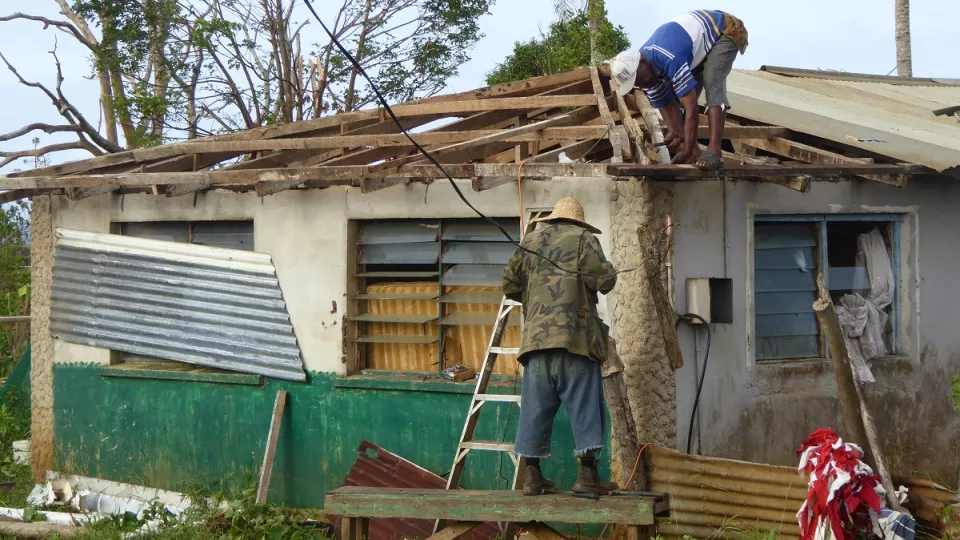On 26 December 2013, two-year-old Emile fell ill in a remote village in rural Guinea. His illness was characterised by a high fever, diarrhoea and vomiting, and he died just two days later. His pregnant mother Sia, three-year-old sister Philomène,…
News and blogs
The Start Network is aiming to create national and regional hubs, which will be collectives of organisations in individual countries or regions. These hubs will function like local versions of the current international Start Network. When fully set…
‘Rapid onset’ crises relate to the majority of Start Fund alerts and interventions. But this is not the whole story. In its pursuit of helping the world’s most crisis affected populations, the Start Fund has also changed lives for the better in…
Humanitarian funding needs to improve: we must move away from reactive funding models to proactive ones if we want to prevent human suffering.
At the Start Network, we’re proud that the Start Fund is the first of its kind to allow humanitarian Non-Governmental Organisations (NGOs) to ‘anticipate’ crises. We are starting to see the concept becoming normalised. Next month, the Red Cross will…
The Start Network is seeking the views of aid agencies on a new form of membership being launched in order to shift greater power and resources to those closest to humanitarian crises.
UK NGOs, DFID, the Charity Commission and safeguarding experts pledged to improve safeguarding standards, following the Safeguarding Summit on 5 March 2018. Here is our joint statement.
International frameworks emphasise the importance of women’s leadership as a requirement for effective humanitarian action - both on the frontline and in designing preparedness programmes - but women remain underrepresented in decision-making roles.
On International Women’s Day, Wanjiru Wainaina tells about her journey from wondering what she was going to do with her life, to working and building skills as a humanitarian in Kenya and now studying at Oxford Brookes University.
The Humanitarian Networks and Partnerships Week (HNPW) is an annual programme co-chaired by United Nations Office for the Coordination of Humanitarian Affairs (UN OCHA) and the UK’s Department for International Development (DFID).
Up to 50,000 people have been affected by a cyclone in the South Pacific islands of Tonga, damaging and destroying homes, leaving families without shelter and basic resources.

